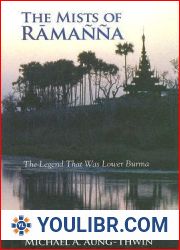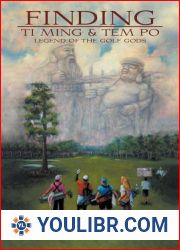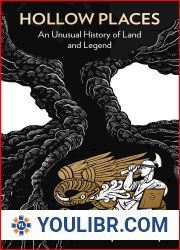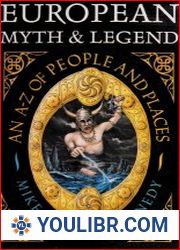
BOOKS - The Mists Of Ramanna: The Legend That Was Lower Burma

The Mists Of Ramanna: The Legend That Was Lower Burma
Author: Michael A. Aung-Thwin
Year: June 30, 2005
Format: PDF
File size: PDF 3.0 MB
Language: English
Year: June 30, 2005
Format: PDF
File size: PDF 3.0 MB
Language: English
Scholars have long accepted the belief that a Theravada Buddhist Mon kingdom, Ramannadesa, flourished in coastal Lower Burma until it was conquered in 1057 by King Aniruddha of Pagan - which then became, in essence, the new custodian and repository of Mon culture in the Upper Burmese interior. This scenario, which Aung-Thwin calls the and "Mon Paradigm, and " has circumscribed much of the scholarship on early Burma and significantly shaped the history of Southeast Asia for more than a century. Now, in a masterful reassessment of Burmese history, Michael Aung-Thwin reexamines the original contemporary accounts and sources without finding any evidence of an early Theravada Mon polity or a conquest by Aniruddha. The paradigm, he finds, cannot be sustained. How, when, and why did the Mon Paradigm emerge? Aung-Thwin meticulously traces the paradigm's creation to the merging of two temporally, causally, and contextually unrelated Mon and Burmese narratives, which were later synthesized in English by colonial officials and scholars. Thus there was no single originating source, only a late and mistaken conflation of sources. The conceptual, methodological, and empirical ramifications of these findings are significant. The prevalent view that state-formation began in the maritime regions of Southeast Asia with trade and commerce rather than in the interior with agriculture must now be reassessed. In addition, a more rigorous look at the actual scope and impact of a romanticized Mon culture in the region is required. Other issues important to the field of early Burma and Southeast Asia studies, including the process of and "Indianization, and " the characterization of and "classical and " states, and the advent and spread of Theravada Buddhism, are also directly affected by Aung-Thwin's work. Finally, it provides a geo-political, cultural, and economic alternative to what has become an ethnic interpretation of Burma's history. The Mists of Ramanna is a tour de force that challenges our fundamental understanding of early Southeast Asia. It will be essential reading for those interested in the history, art history, linguistics, ethnic studies, and archaeology of the region.
















































